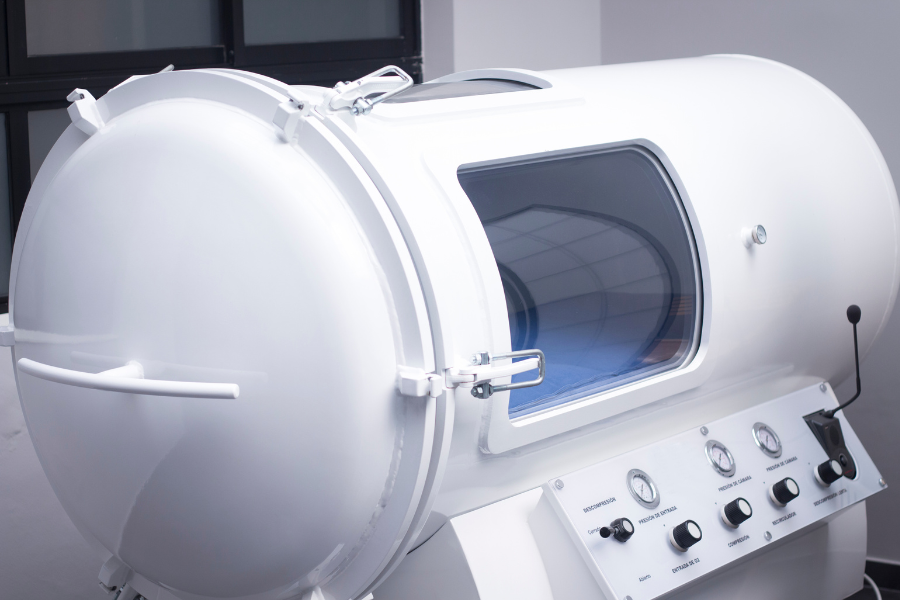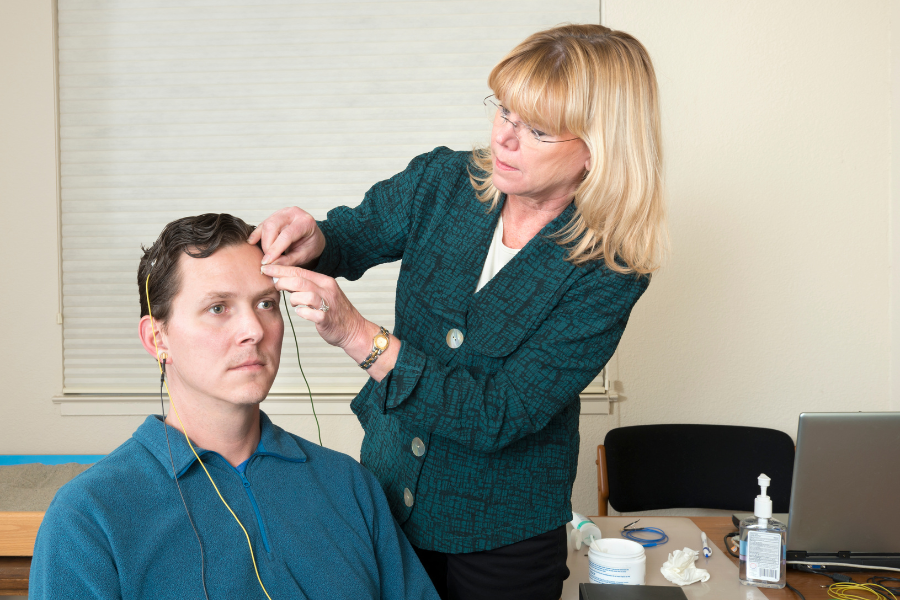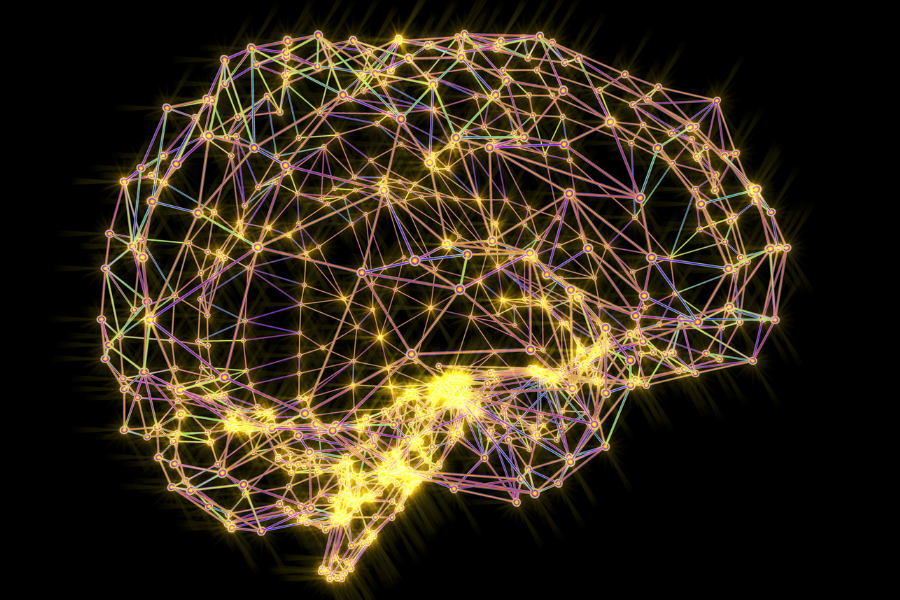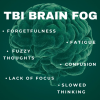Chronic Traumatic Encephalopathy (CTE)
Chronic Traumatic Encephalopathy (CTE) is a neurodegenerative brain disease that results from repeated blows to the head. It is a progressive disease: once it is triggered, it will worsen with aging. CTE has been found in many athletes, military veterans, and other individuals with a history of repetitive head traumas. Symptoms of CTE do not generally appear until years after the onset of head traumas, […]
Chronic Traumatic Encephalopathy (CTE) Read More »












